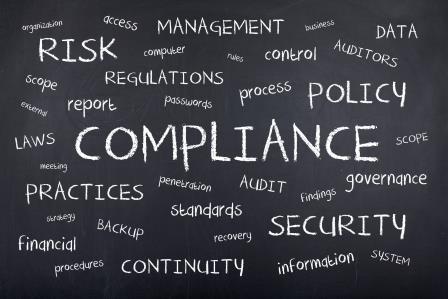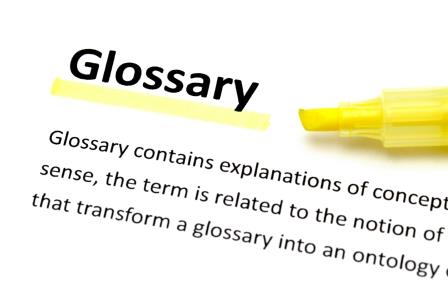
What now for your business following the Brexit?
When we published our previous blog post about preparing your business for a possible Brexit, we did so because our job is to make sure our clients are prepared for and protected against the expected.
In this latest post, we turn to what happens now and how you can prepare your business.
So What Happens Now?
As we’ve since in just a few days since the results were announced, a period of uncertainty is inevitable after such a historic, unprecedented vote, but Britain will not immediately leave the EU. It could take a minimum of two years to negotiate the complex withdrawal process. During that time, Britain will slowly disentangle itself from the EU and renegotiate its economic agreements.
Employment law also hangs in the balance, as Britain will now have to decide which EU laws from the last 43 years to amend or ditch. Cameron is leaving it to his successor to instigate Article 50 of the Lisbon Treaty, which is the formal mechanism for leaving the EU. But, the rules in Article 50 are brief and no country has ever used them before, so the process is unclear at the moment.
How Can I Prepare My Business?
Britain has much to figure out in its post-Brexit reality, but it will remain an economic powerhouse despite momentary market fluctuation. Much like any Business Continuity Plan, which serves to negate the impact of events beyond the control of those they effect, business owners can best plan for potential instability by asking the right questions, and working towards a solution around the answers.
So while Britain recovers and begins to renegotiate its relationship with the EU, understand how Brexit will affect your business and ask yourself the following questions:
- What aspects of EU membership are most important to my business?
- How much of my business comes from the EU?
- How does Brexit affect my supply chain?
- If we lose freedom of movement within the EU, will that hurt my business?
- Does reduced EU regulation help or hurt me?
- Does Brexit open any opportunities for me?
Regardless of when the process for the UK to extricate itself from a membership of which it has been part of for over 40 years, there is at least one consensus amongst those in parliament; that having never been done before, it’s likely to be a complicated process. This is time for businesses to take stock of their stance, and prepare for the next stage in their own economic future, within what could look like a very different national economy in five years’ time, for better or for worse.
Over the coming days, months and even years, we’ll be providing our clients with assistance on how best they can protect their companies so for help navigating this uncertainty, contact NC Stirling today.




